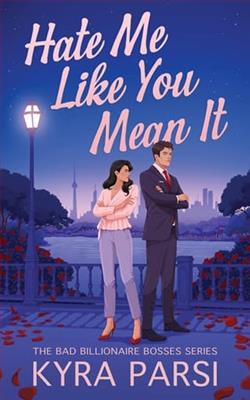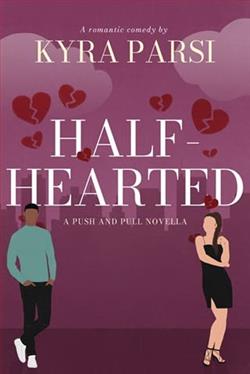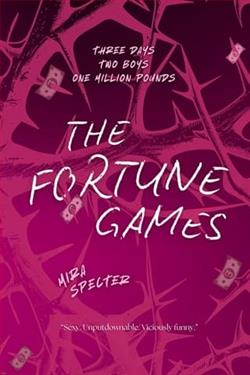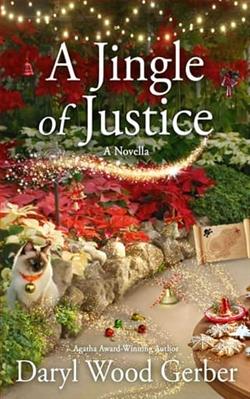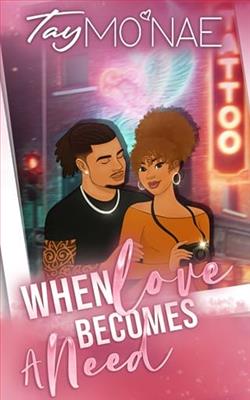Page 34 of The Silence Between
Every word rang false in my own ears, a script I'd borrowed from more successful authors at similar events. The applause felt like percussion accompanying a well-rehearsed performance rather than genuine connection.
As the formal portion concluded and guests returned to mingling, a young woman approached me hesitantly. Early twenties, clutching a notebook, radiating the particular nervousness of aspiring writers in the presence of published ones.
“Mr. Webb? I'm sorry to bother you. I'm in the MFA program at UW, and I just—your first novel meant so much to me. It felt so... honest.”
The sincerity in her voice made the scripted response I'd normally offer stick in my throat.
“That's very kind,” I managed.
“I was hoping—“ She faltered, then pressed on. “Do you have any advice? For finding your authentic voice as a writer?”
The question hit like a physical blow, her earnestness cracking through the veneer I'd maintained all evening.
“Write what matters to you,” I heard myself saying, “not what you think will sell. I'm still learning that lesson.”
Surprise flickered across her face at the unexpected candor. “But you've been so successful.”
“Success and satisfaction aren't always the same thing.” I gestured vaguely at the party around us. “All of this can distance you from why you started writing in the first place.”
“What about your next project? Are you writing something that matters to you now?”
The question hung between us, demanding more honesty than I'd allowed myself in years.
“I'm trying to remember how,” I admitted.
After she left, I escaped to the venue's small balcony, the Seattle skyline glittering before me like a constellation of lives I'd never live. My phone vibrated in my pocket—an email notification from an address I hadn't seen in months: Marcus Jenkins, my only high school friend who had remained in Riverton, now an English teacher there.
It's official—the position is yours if you want it. English Literature, junior and senior classes, starting mid-year. The principal was impressed with your interview and, frankly, shocked that someone with your credentials would consider Riverton High. Let me know by Friday so we can process the paperwork.
I stared at the words, feeling strangely weightless. From celebrated novelist with a Manhattan publisher to high school teacher in the town I'd fled a decade ago. A complete reversal of the trajectory I'd pursued with single-minded determination.
Yet instead of panic, I felt the first clear certainty I'd experienced in months. Perhaps years.
Inside, the party continued—literary gatekeepers and influencers whose approval I'd once desperately sought. I slipped my phone back into my pocket and rejoined them, knowing I was saying goodbye to more than just a city.
* * *
“A high school teacher?”My father's disbelief carried clearly through the video call, his Arizona tan making him look perpetually overheated. “After all your success?”
“It's still teaching literature,” I explained, keeping my tone neutral. “Just to a different audience.”
“But surely there are universities that would hire you,” my mother interjected. “With your publications, you could lecture at UW or Seattle Pacific.”
I'd positioned my laptop to hide the packed boxes behind me, knowing they would only fuel their concern. “I want to work with younger students. Before their relationship with literature calcifies into academic analysis.”
My parents exchanged a glance I recognized from childhood—their silent communication about how to handle my latest disappointing choice. I suppressed a sigh, reminded of the tense family dinners years ago when I'd announced I going for an English literature degree than go to Princeton.
“At least we've been through this before,” I said, attempting to lighten the mood.
My father's expression softened slightly. “You have to admit, Ethan, you've made a habit of taking unexpected turns.”
“Which have worked out,” my mother added, her initial resistance already fading. “Your father and I were just concerned back then because the legal path seemed so secure. We didn't understand your passion for literature.”
“And you proved us wrong,” my father conceded with the reluctant pride he'd developed over time. “Three published novels and solid reviews aren't nothing.”
I nodded, grateful for the reminder of how they'd eventually come around after my first career change. They'd even hosted a small reception when my debut novel was published, inviting all their friends to meet “our son, the author.” The memory gave me hope that this transition might follow a similar pattern.
“Teaching is certainly... meaningful,” my mother offered diplomatically. “Though the financial aspects seem questionable. Have you really thought this through, honey?”








